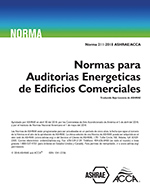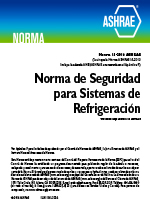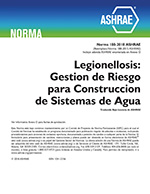Description
BIPV windows refer to the integration of electricity-producing PV elements into a window or building façade system, most commonly glazing or spandrel panels. There are several types of BIPV glazing systems available today, ranging from light redirecting layers that direct solar radiation to strategically placed PV cells, to semi-transparent PV coatings (STPV) and traditional opaque PV cells integrated into selected area of laminated glass. Compared to other advanced window technologies, BIPV glazing is distinguished by the ability to transform a portion of the incident solar irradiation into useful electrical power through the photovoltaic effect, while at the same time contributing to the regulation of solar heat gain and daylighting glare by reducing the solar transmittance through the glazing PV. In this paper, we present results of measurements of commercial windows incorporating PV-integrated glazing, where crystalline opaque PV cells are cut into strips and integrated into a glass laminate. This glass laminate is incorporated into the insulated glazing unit (IGU), where glass laminate with PV is outdoor-facing to maximize the conversion of solar radiation into electricity. Because the crystalline solar cell area is opaque, transparency of the glazing system is achieved by appropriately spacing PV strips, so that there is alternating transparent and opaque area. Effects on cooling and heating loads and daylighting potential of windows are evaluated in addition to electricity generation.
Citation: Thermal Buildings XIV 2019
Product Details
- Published:
- 2019
- Number of Pages:
- 11
- Units of Measure:
- Dual
- File Size:
- 1 file , 2.8 MB
- Product Code(s):
- D-Bldgs19-079




